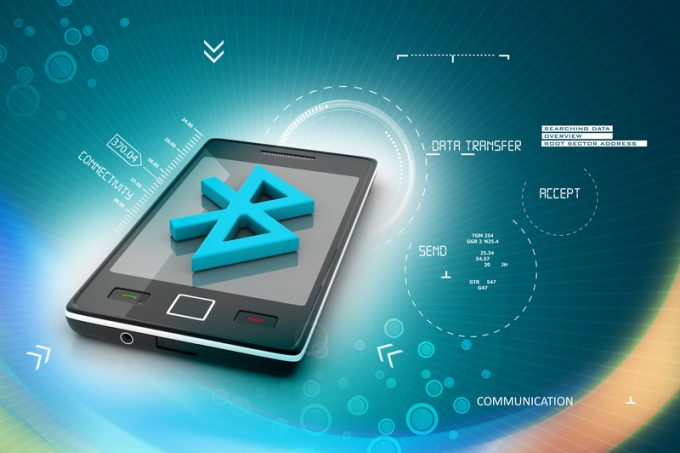Bangladesh readies new air cargo facilities after ban by India
After India cancelled the use of its transhipment facilities for Bangladesh cargo, the government decided ...

Bluetooth enabled track-and-trace technology is set to transform the air cargo industry.
According to Ranger Aerospace chief executive Steve Townes, using low-energy Bluetooth tracking on unit load devices (ULDs) provides real-time visibility at a lower cost than RFID and GPS alternatives.
“Air cargo is a big ecosystem, ...


Comment on this article